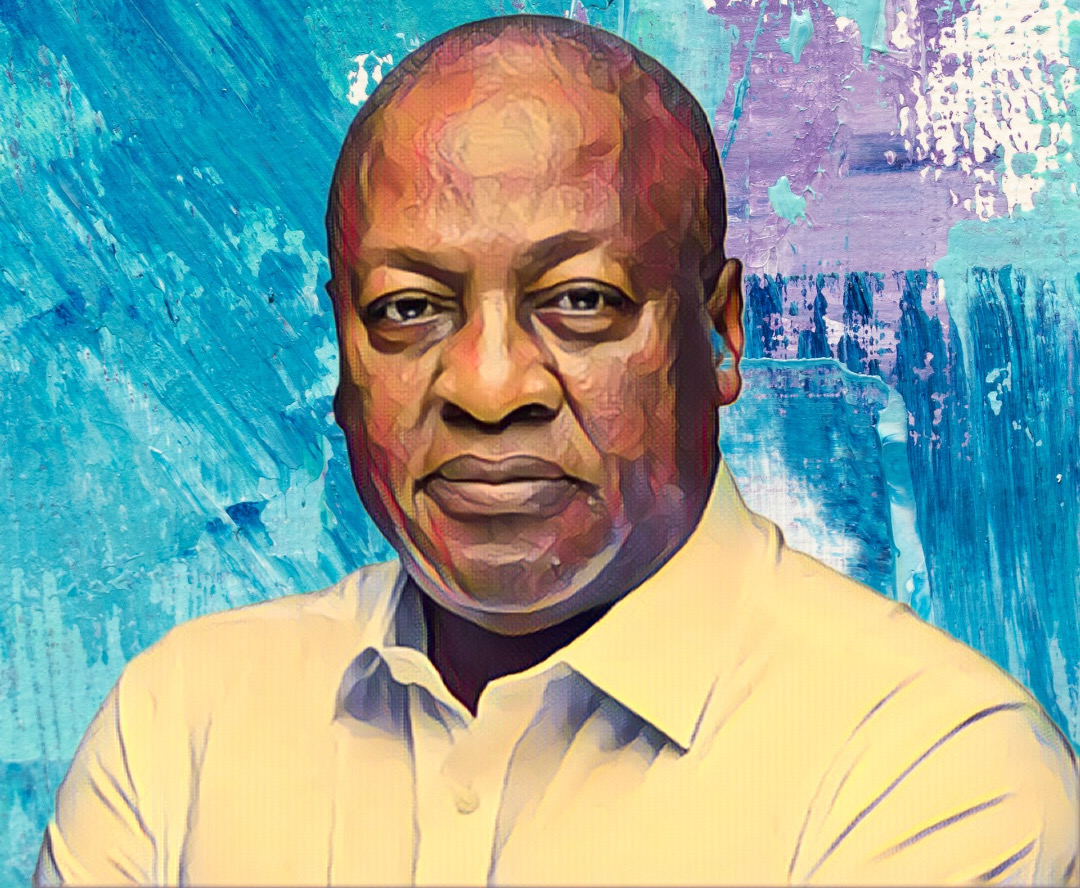In a candid reflection on his presidency, John Mahama, the flagbearer for the National Democratic Congress (NDC) and former President of Ghana, recently shared insights into the complexities of political leadership and the consequences of transparency. Mahama, leading Ghana from 2012 to 2017, suggested that his commitment to honesty, particularly during challenging times, might have inadvertently impacted his administration’s effectiveness.
During his tenure, Mahama was known for his openness about the nation’s difficulties, a trait he now views as a double-edged sword. “I was brought up to tell the truth at all times. So, when I was President, if things were not going well, I told the people of Ghana and what we were trying to do about it,” Mahama explained. This approach, he believes, might have been one of the “major problems” he faced, as it set expectations for a level of transparency not commonly maintained in politics.
Mahama contrasted his administration’s policy of openness with the current government’s approach, particularly critiquing their handling of recent power challenges. According to him, the government seems to be less forthcoming about the issues plaguing the power sector, including generation shortfalls and financial troubles affecting power supply.
The former President highlighted the ongoing power outages, a sensitive issue for many Ghanaians who recall the debilitating power crisis, locally termed “dumsor,” under his presidency. “We know that they are shedding the load, they have a problem with generation…but they will not give us a timetable,” Mahama asserted, pointing out what he sees as a reluctance to admit to current power generation and financial issues openly.
Despite the criticism, Mahama’s remarks underscore a broader discourse on the role of honesty in governance and the expectations placed on elected officials to be transparent with their electorate. His comments reflect a concern for accountability, not just for past governments but also within the ranks of his own party when in power.
Mahama’s reflections come at a critical time for Ghana, as the nation grapples with economic challenges and the need for sustainable solutions to its energy needs. His emphasis on the importance of transparency and accountability in leadership speaks to a larger conversation about the values that should guide public service.
As Ghana continues to navigate its path toward economic stability and development, the lessons from past leaders like Mahama offer valuable insights into the complexities of governance. The balance between being honest with the electorate and maintaining the confidence necessary to govern effectively remains a delicate dance for any administration.
The dialogue initiated by Mahama’s candid assessment of his presidency contributes to the ongoing debate about the best approach to leadership in times of crisis. It highlights the need for a nuanced understanding of the relationship between transparency, public trust, and effective governance in the context of Ghana’s evolving political and economic landscape.





2 comments
Thanks for sharing. I read many of your blog posts, cool, your blog is very good.
Your article helped me a lot, is there any more related content? Thanks!